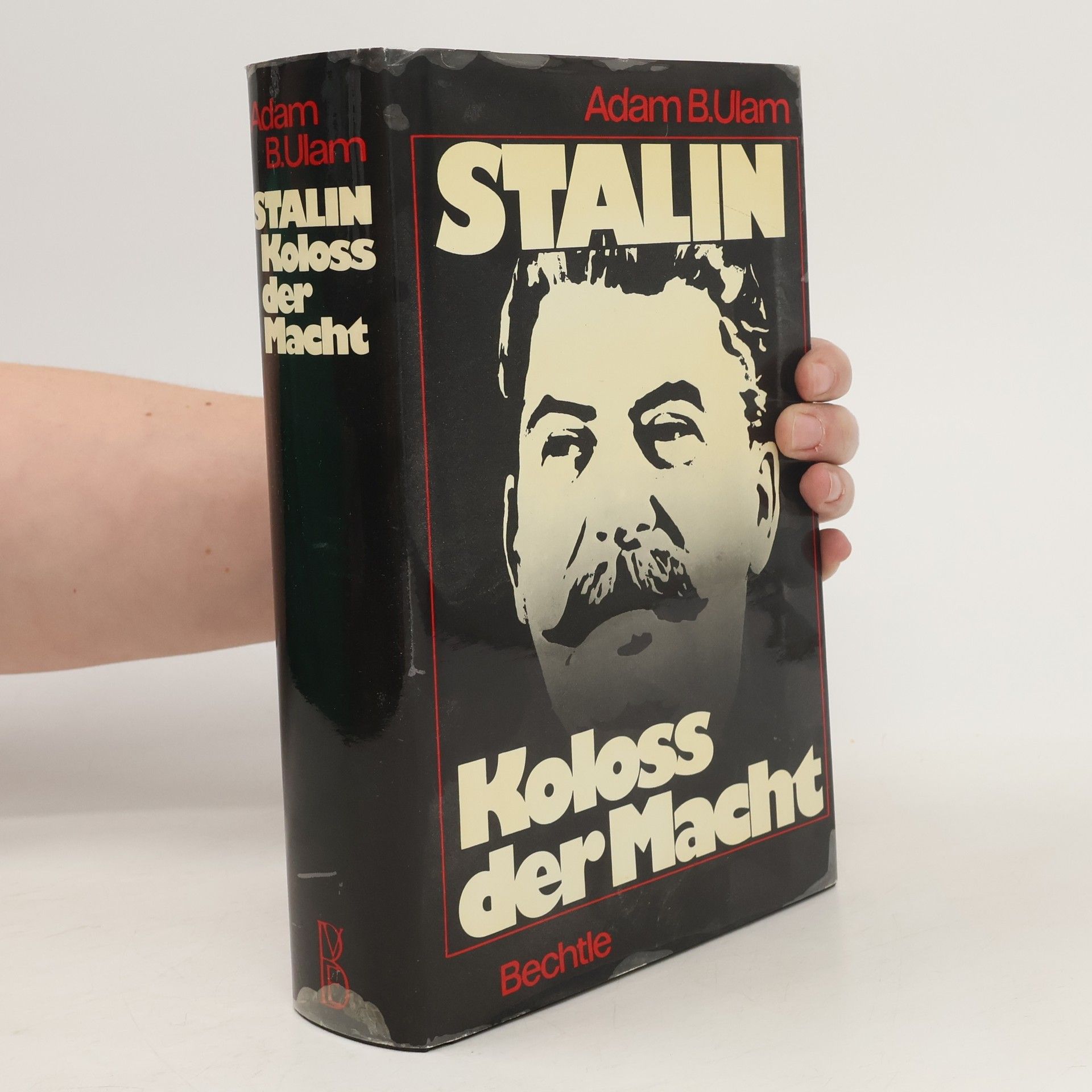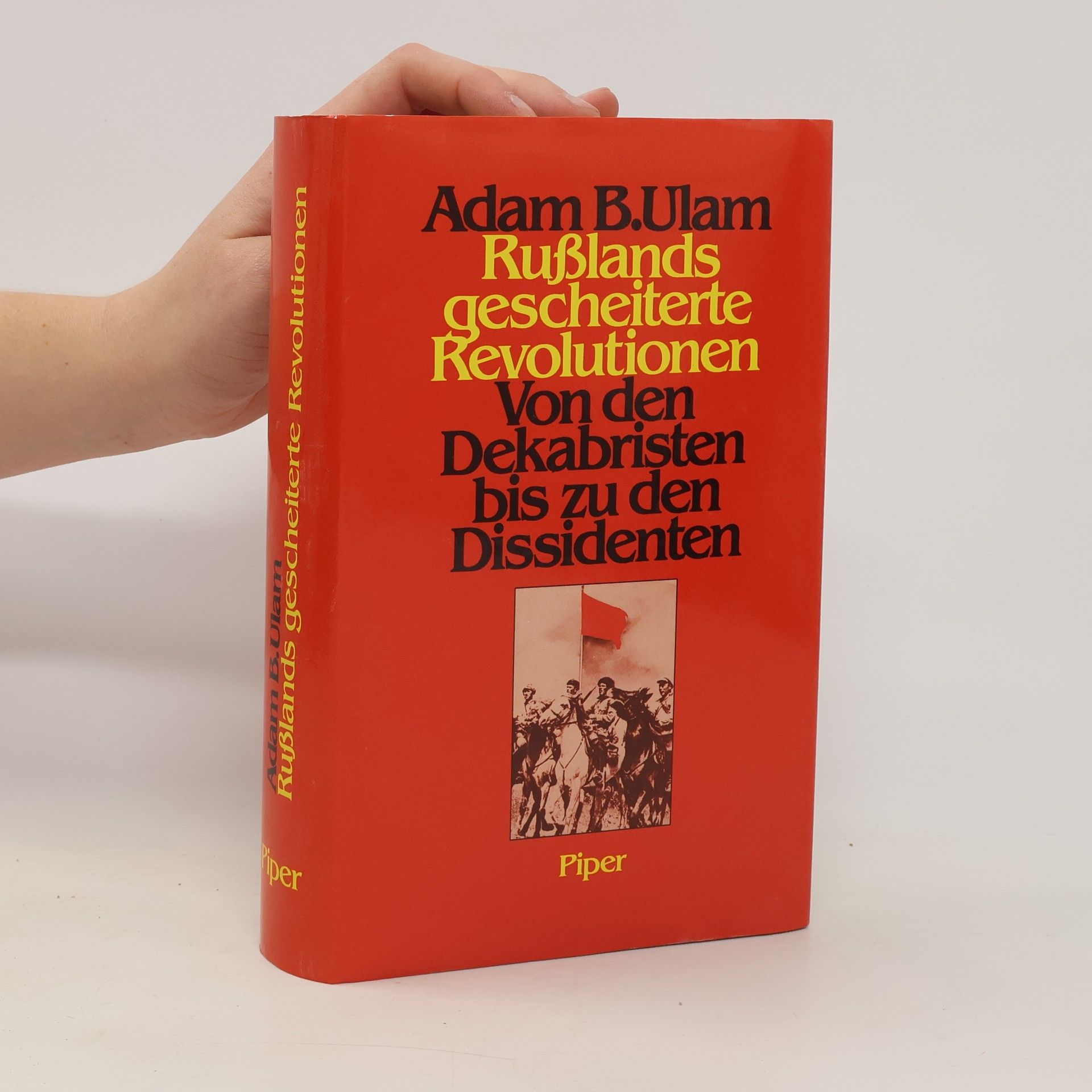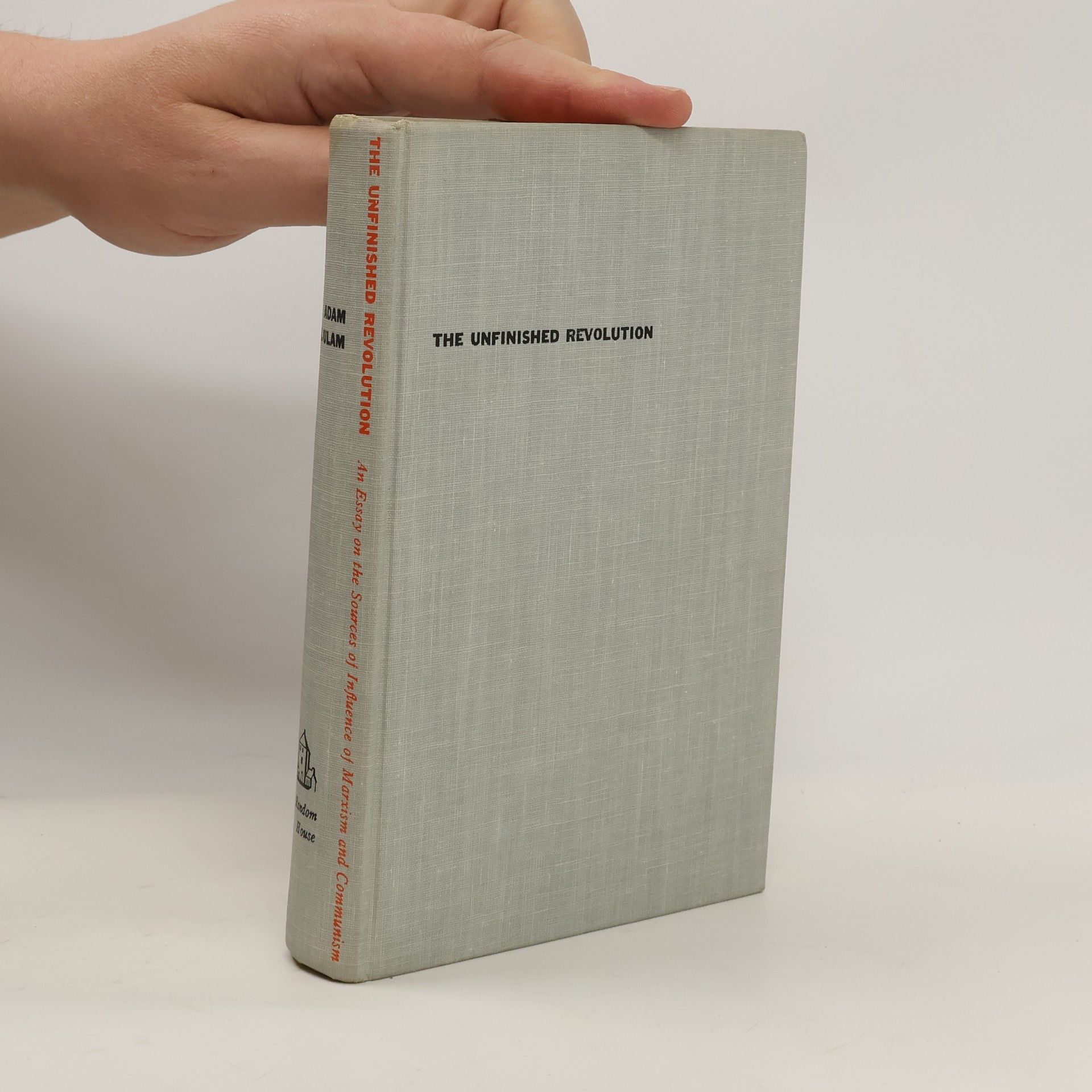Adam B. Ulam Livres
8 avril 1922 – 28 mars 2000
Adam Bruno Ulam était un historien et politologue polono-américain, reconnu comme l'une des plus grandes autorités mondiales sur la Russie et l'Union soviétique. Auteur de nombreux livres et articles, il a exploré en profondeur l'histoire et la politique complexes de l'Europe de l'Est. L'approche d'Ulam offrait aux lecteurs un aperçu unique des événements cruciaux et des courants intellectuels qui ont façonné la région. Son travail a fourni une compréhension approfondie des forces motrices de cette partie essentielle du monde.


